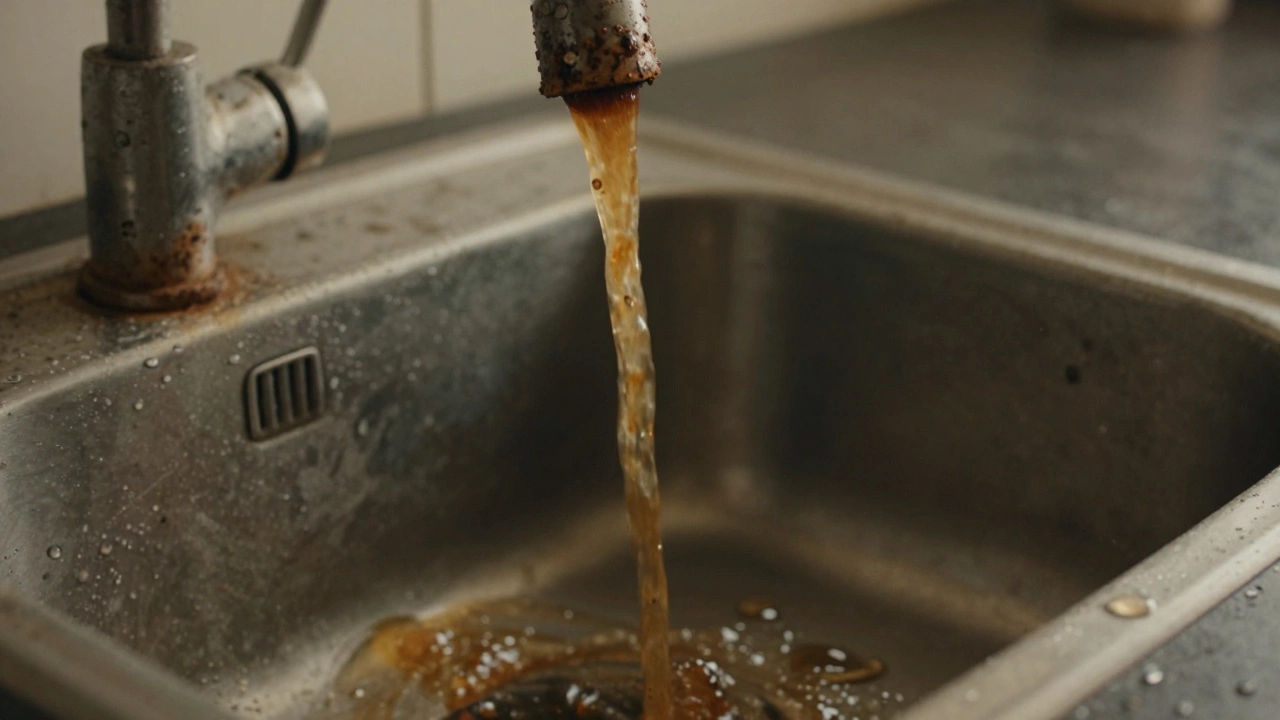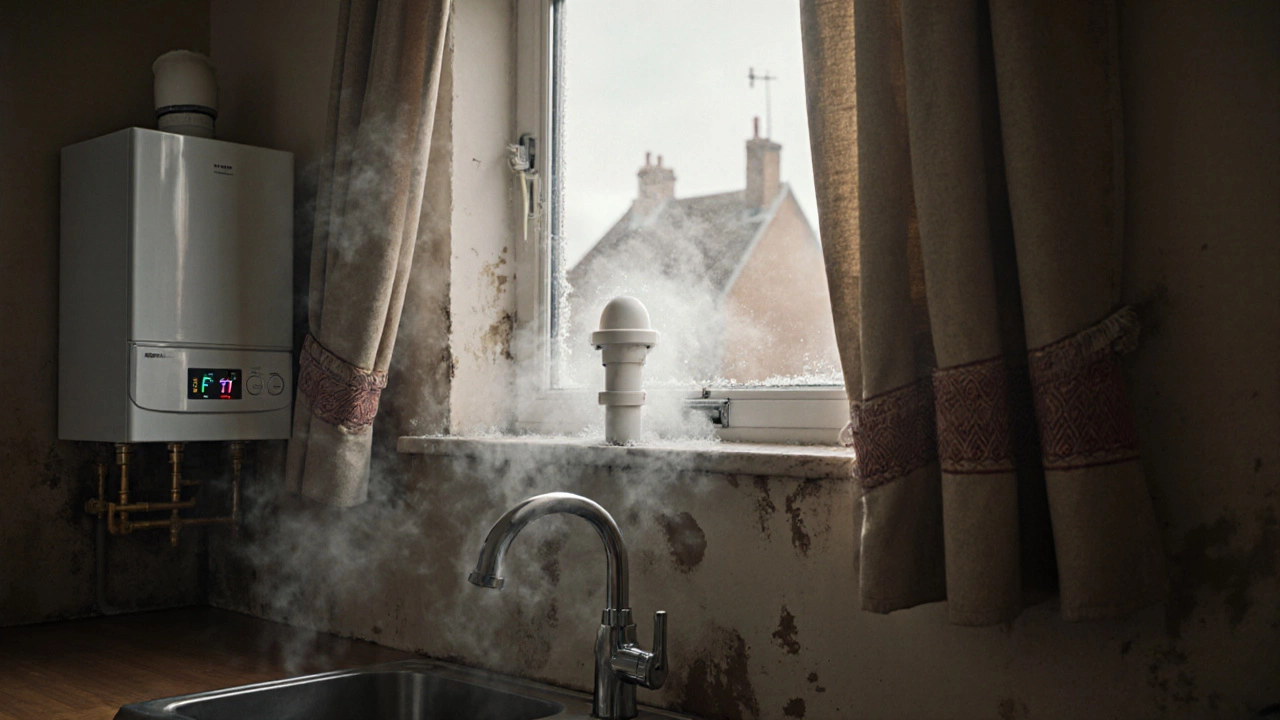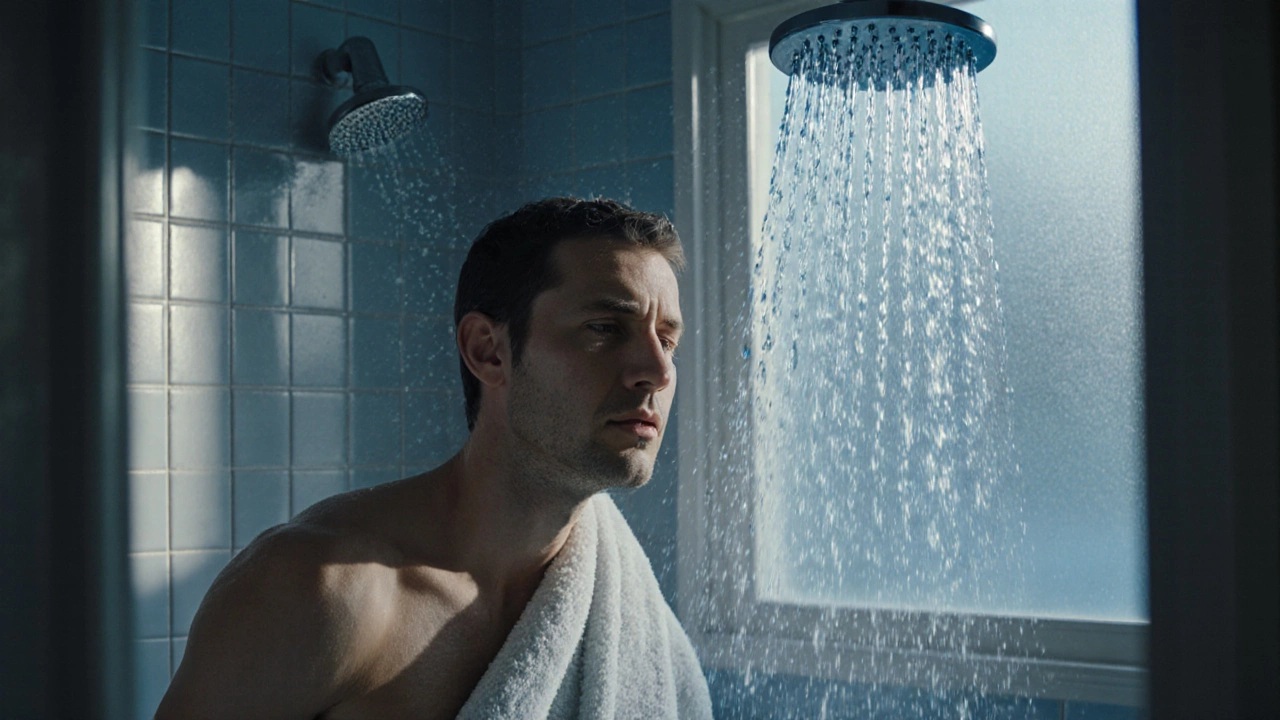Waking up to a cold shower is the worst way to start the day. Before you panic or call every plumber in town, try a few simple checks that solve most "no hot water" problems fast.
In homes like ours, the usual suspects are the water heater, the boiler, or the power supply. A tripped breaker or a blown fuse can instantly cut heat to the tank. If the thermostat is set too low, the water never reaches a comfortable temperature. Sediment buildup inside a tank, a faulty heating element, or a broken thermostat can also keep the water lukewarm.
For gas‑fired boilers, a pilot light that won’t stay lit or a pressure issue will stop hot water on demand. In older properties, frozen pipes during a chilly night can block hot water flow, especially in unheated loft spaces.
1. Check the power. Open your fuse box and look for any tripped switches labeled “water heater” or “boiler.” Flip them back on. If the breaker trips again, you’ve likely got an electrical fault and need a qualified electrician.
2. Reset the heater. Many electric water heaters have a reset button on the thermostat. Turn off the power at the breaker, press the button, then restore power. A quick reset can clear a minor overload.
3. Inspect the thermostat. Make sure it’s set to at least 120 °F (48 °C). If you have a dual‑temperature system, verify both the hot water and heating sections are set correctly.
4. Look for pilot‑light issues. If you have a gas boiler, locate the pilot assembly. Follow the manufacturer’s instructions to relight it—usually a knob, a button, and a few minutes of waiting. If the pilot won’t stay lit, it’s a sign of a faulty thermocouple or gas supply problem.
5. Flush the tank. Sediment reduces heating efficiency. Turn off the heater, attach a garden hose to the drain valve, and let the water run until clear. Refill and restore power. This simple maintenance can extend the life of your heater.
If any of these steps feel beyond your comfort zone, or if the problem persists after trying them, it’s time to call in the pros.
We recommend a professional visit if you notice any of the following:
Our certified technicians know the local water pressure quirks and the common faults in homes across Bognor Regis. We’ll diagnose the issue, give you a clear cost estimate, and fix it right the first time—whether that means repairing a heating element, replacing a thermostat, or flushing a hard‑water‑clogged system.
Don’t let a cold shower ruin your day. Try the quick checks above, and if you’re still stuck, give Bognor Regis Appliance Repair Experts a call. We’re fast, reliable, and just a phone call away from getting your hot water back on track.

Watch for rusty water, leaks, strange noises, or no hot water-these are clear signs your water heater is failing. Age, higher bills, and bad smells mean it’s time to replace it before it breaks down.

Your hot water stopped suddenly? This guide breaks down the top 7 causes - from low pressure to frozen pipes - and shows you how to fix them yourself before calling a plumber.

Find out why your hot water vanished, walk through quick DIY checks, learn simple fixes, and know when to call a professional for reliable heat restoration.

Is your hot water heater suddenly not working? Here’s what can go wrong, how to spot the problem fast, and pro tips to get hot water back right away.

When your water heater only puts out cold water, it’s more than just annoying—it can point to real problems inside the unit. This article breaks down the most common reasons behind a water heater that refuses to warm up, from tripped breakers to busted heating elements. You’ll find tips on quick checks you can do at home before calling a pro, plus some unexpected facts about how water heaters really work. Knowing what’s wrong can save you from a frigid morning shower and a giant repair bill. Get ready to tackle that cold water problem with practical advice you can use right away.

Experiencing no hot water in the shower can be frustrating, especially on cold mornings. This article provides practical solutions to diagnose and resolve common issues with your water heating system. From checking simple things like the thermostat to identifying more complex issues like a faulty heating element, you'll learn how to get back to enjoying a warm shower.

Curious about how much a new boiler might set you back? This article breaks down the costs involved, from purchasing the unit to installation fees. Understand the factors that influence pricing and learn practical tips to get the most value from your investment. Discover essential maintenance advice and the importance of proper sizing and efficiency ratings. Equip yourself with knowledge before making a decision about your home's heating system.

Extractor fans play a pivotal role in maintaining air quality in kitchens and bathrooms by expelling moisture, odors, and smoke. If your extractor fan suddenly stops working, it can lead to persistent humidity or unpleasant smells. This guide provides practical steps for diagnosing and fixing common issues that can cause an extractor fan to malfunction. From checking power supply and fuses to cleaning and replacing parts, understanding the intricacies can save you time and money. By following these steps, you can restore your extractor fan’s functionality and maintain a comfortable home environment.

Electric stoves are a staple in many kitchens, but how long can you expect them to last? This article delves into the average lifespan of an electric stove and what factors can influence its longevity. Discover maintenance tips that can help extend its life and recognize signs when repairs or replacements might be necessary. This guide aims to empower you with insights into prolonging the efficiency of your kitchen's electric stove.

Navigating the cost of a new boiler can be confusing. This guide dives into typical pricing, key considerations for your budget, and how to make the best decision for your home. We'll explore average costs, the impact of brands and models, and provide tips for saving money. Get the information you need to keep your home warm without breaking the bank.

Thinking about how long your boiler will keep working? This article explains the real lifespan of boilers, the factors that affect how long they last, and how to spot when yours might be on its last legs. You'll get practical tips for stretching out your boiler's life and advice about when it's smarter to repair or just replace. Stay warm and avoid surprise breakdowns with these straightforward facts.